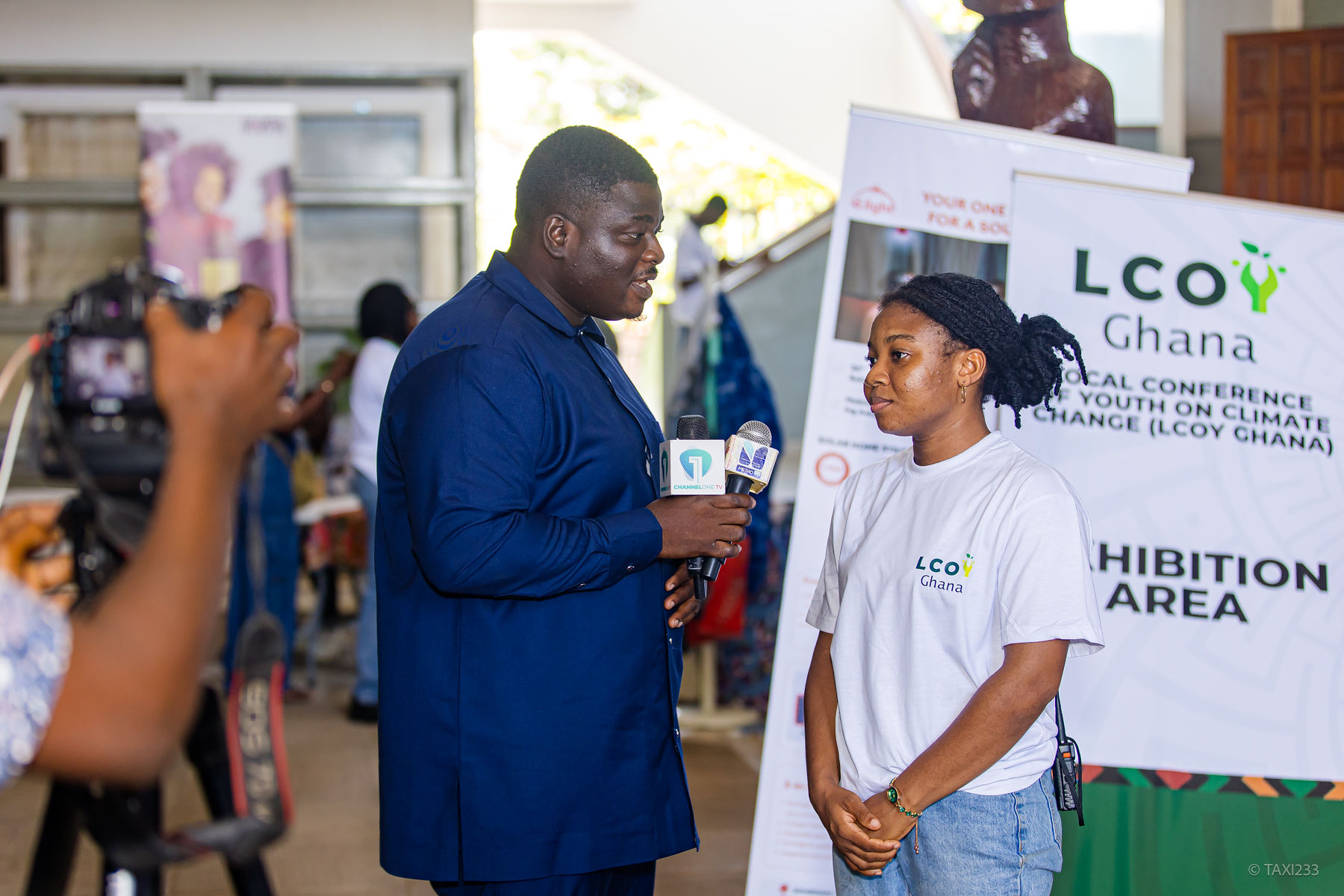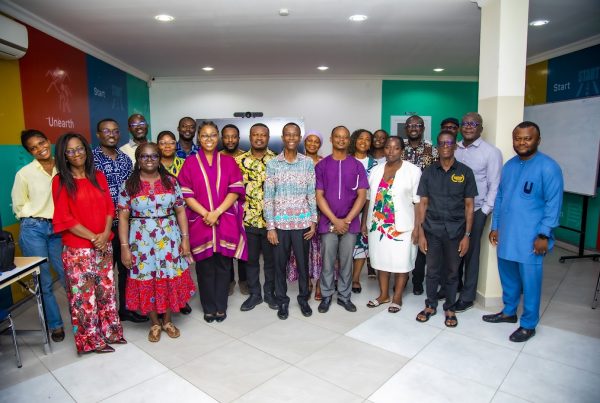In a significant move towards environmental sustainability, the Local Conference of Youth (LCOY) Ghana 2024, supported by Youth Opportunity & Transformation in Africa (YOTA) through funding from the Ford Foundation, saw the launch of a groundbreaking petition for legislative action on tethered caps for beverage containers. The initiative, spearheaded by Ms. Eugenia Yayra Agbley, aims to combat plastic pollution in Ghana’s water bodies and ecosystems, aligning with YOTA’s commitment to empowering youth to lead climate change solutions through the Africa Youth Partnership for Climate Action.
The petition, unveiled during the conference held on September 13th at the University of Ghana Business School, calls for mandatory tethered caps on all beverage containers sold in Ghana. This innovative approach seeks to address the pervasive issue of plastic bottle caps polluting rivers, lakes, and oceans, which pose significant threats to marine life and water quality.
Key points of the proposed legislation include:
- Mandating tethered caps on all beverage containers
- A 24-month transition period for manufacturers and distributors
- Public awareness campaigns on the importance of tethered caps
- Incentives for early adopters of the new standards
- Penalties for non-compliance
The Tethered Caps Petition highlights the potential benefits of this legislation, including the protection of marine ecosystems, boost to tourism through cleaner beaches and waterways, and improved public health by reducing microplastic contamination in water sources.
The launch of this petition at LCOY Ghana 2024 underscores the growing engagement of Ghanaian youth in climate advocacy and their commitment to innovative solutions for environmental challenges. It aligns perfectly with the conference’s objective of amplifying youth voices in climate action and shaping policy at the national and global levels.
The petition has garnered support from numerous environmental organizations and stakeholders, demonstrating a united front in the fight against plastic pollution in Ghana. Notable signatories include the Youth Climate Council (YCC) Ghana, Conservation Leaders Network (CLN), Women for Sustainability Africa, and the Youth Bridge Foundation, along with over 25 other organizations spanning environmental, youth, and community sectors.
This bold move by Ghana’s youth at LCOY 2024 sets a precedent for youth-led environmental policy initiatives and could potentially influence similar actions across Africa and beyond.







